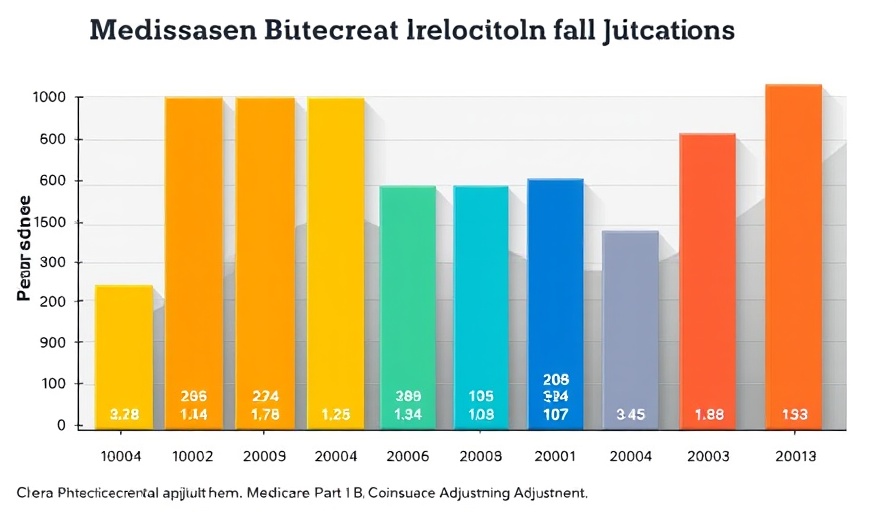
Understanding the Impact of Inflation Adjustments on Senior Drug Costs
In recent discussions surrounding the Inflation Reduction Act (IRA), it is crucial to understand how Part B coinsurance inflation adjustments could potentially raise drug costs for seniors. While these adjustments aim to provide financial relief, they may inadvertently place additional financial burdens on vulnerable populations, particularly parents with aging family members.
How the Adjustments Work
The IRA's adjustments to Part B coinsurance are designed to account for inflation, thereby aiming to make prescription drugs more affordable over time. However, many don’t grasp that this may lead to increases in out-of-pocket expenses. For parents facilitating care for aging relatives, unexpected hikes in these costs can be stressful, as they juggle their own financial obligations with the needs of their loved ones.
Historical Context: The Evolution of Medicare and Drug Costs
To understand the implications, let’s look back at the development of Medicare and its relationship with drug prices. Established in 1965, Medicare has undergone numerous changes, especially with added benefits for drug coverage through Medicare Part D. Each adjustment aimed to cater to the growing costs of healthcare, but with rising inflation and pharmaceutical prices, seniors still find it difficult to manage their healthcare expenses.
Social Connection: Why Awareness is Valuable
Attendance to these discussions is particularly crucial for parents today. As caretakers, they need to navigate both the emotional and financial aspects of their loved one’s healthcare needs. Awareness of how these adjustments function equips them to advocate more effectively for their families, ensuring that they find the appropriate resources, like addiction treatment or mental healthcare if necessary.
Future Insight: Trends in Medicare and Prescription Drug Coverage
Looking forward, there are predictions about potential changes in Medicare. With ongoing debates in Congress regarding the structure of healthcare benefits, it’s vital for families to stay informed on how these potential shifts can impact their future medical costs. Ensuring affordable access to medications must remain a priority, especially in a landscape already fraught with the complexities of addiction treatment and recovery resources.
Understanding the Costs: Actionable Insights
Parents can take specific steps to soothe financial worries as they care for elderly loved ones. First, researching local programs that assist with prescription costs can be invaluable. Additionally, being proactive in having open conversations about addiction treatment services—including options like outpatient treatment or family-oriented therapy—can help prevent future crises that might arise due to untreated substance issues related to coping with the aging process.
Maximizing Recovery Resources
Connecting with recovery support groups, such as Alcoholics Anonymous or SMART Recovery, not only provides emotional support for individuals dealing with addiction but also educational resources for family members. With comprehensive knowledge of addiction recovery processes, parents can better guide their loved ones through the complexities of mental health and substance use challenges.
Common Misconceptions: Breaking Down Myths About Drug Costs
A prevalent myth is that the government will handle all healthcare costs related to aging. In reality, many expenses fall on families, particularly in areas affected by inflation adjustments. By debunking this myth, parents can approach their responsibilities with a clearer mindset, focusing on financial planning and creating a support network for their loved ones.
Conclusion: Taking Charge of Healthcare Conversations
As Part B coinsurance adjustments evolve, senior drug costs will continue to be a pressing issue. For parents and families, this is a pivotal time to take charge of the conversation around healthcare to ensure their loved ones receive not just the essential drugs but also the holistic addiction treatments and support they may require. By staying informed and involved, parents can navigate these changes with confidence, shielding their family members from potential hardships.
Explore more resources today on family-oriented addiction support and find ways to proactively approach your loved ones’ healthcare needs.
 Add Row
Add Row  Add
Add 




 Add Row
Add Row  Add
Add
Write A Comment